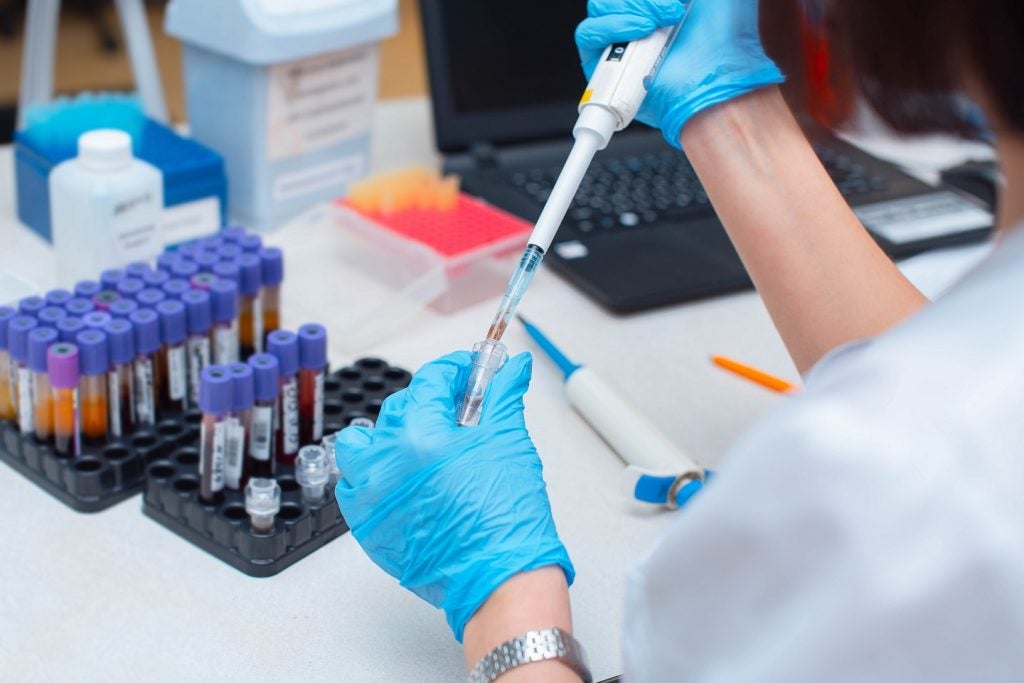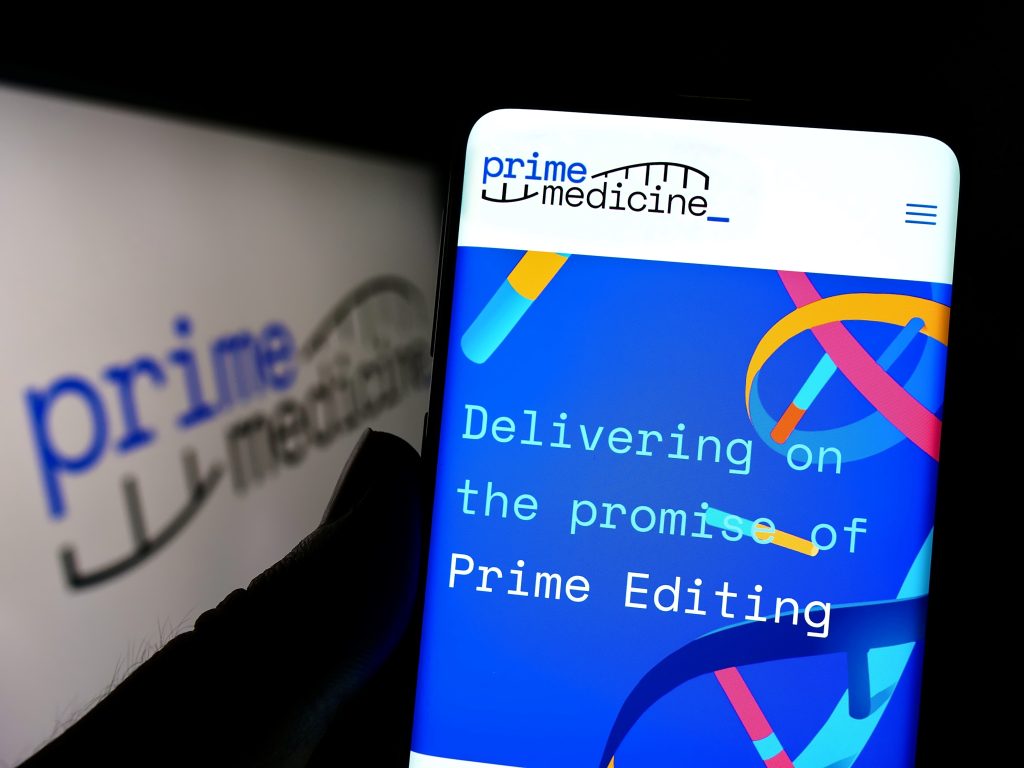Biohaven Pharmaceutical has commenced patient enrolment in a Phase II clinical trial of its calcitonin gene-related peptide (CGRP) receptor antagonist rimegepant to treat refractory trigeminal neuralgia.
Trigeminal neuralgia is a neuropathic pain disorder that causes recurrent, paroxysmal, lancinating pain in one or more branches of the trigeminal nerve.
Abnormal release of CGRP neuropeptide from the trigeminal nerve is believed to be involved in trigeminal neuralgia’s pathophysiology.
How well do you really know your competitors?
Access the most comprehensive Company Profiles on the market, powered by GlobalData. Save hours of research. Gain competitive edge.

Thank you!
Your download email will arrive shortly
Not ready to buy yet? Download a free sample
We are confident about the unique quality of our Company Profiles. However, we want you to make the most beneficial decision for your business, so we offer a free sample that you can download by submitting the below form
By GlobalDataCGRP neuropeptide is associated with neuronal sensitisation and neuropathic pain.
Rimegepant has been designed as a selective and potent small molecule antagonist of CGRP receptor.
Biohaven Pharmaceutical Neurology chief development officer Robert Croop said: “Emerging evidence suggests that aberrant release of CGRP from the trigeminal ganglion plays a critical role in the development of pain syndromes such as trigeminal neuralgia.
“We believe this study is the oral first CGRP receptor antagonist being studied for use as a potential treatment of trigeminal neuralgia and extends our CGRP clinical research beyond migraine.”
The double-blind, placebo-controlled, crossover Phase II study will investigate the safety and efficacy of rimegepant in trigeminal neuralgia patients who did not have adequate response to pharmacotherapy.
Conducted at Johns Hopkins Medical Center, the trial is expected to enrol around 60 subjects.
Primary outcome measure of the Phase II trial is the change in a patient’s average Numeric Pain Rating Scale between two treatment phases, while secondary outcomes include incidence of treatment-emergent adverse events and other efficacy measures.
Biohaven is also developing rimegepant for the acute treatment of migraine. The drug’s efficacy and safety has already been studied in a Phase IIb study and three pivotal Phase III trials.
Based on the findings from these four trials, the company intends to submit a new drug application (NDA) seeking US Food and Drug Administration (FDA) approval in migraine indication.








